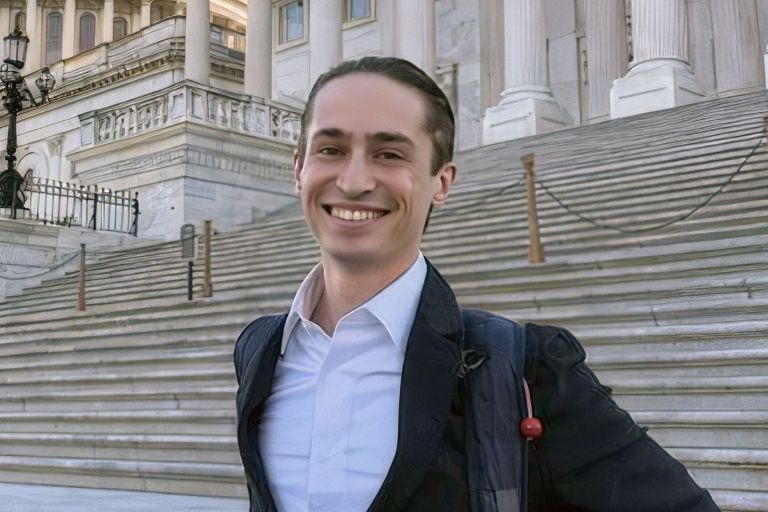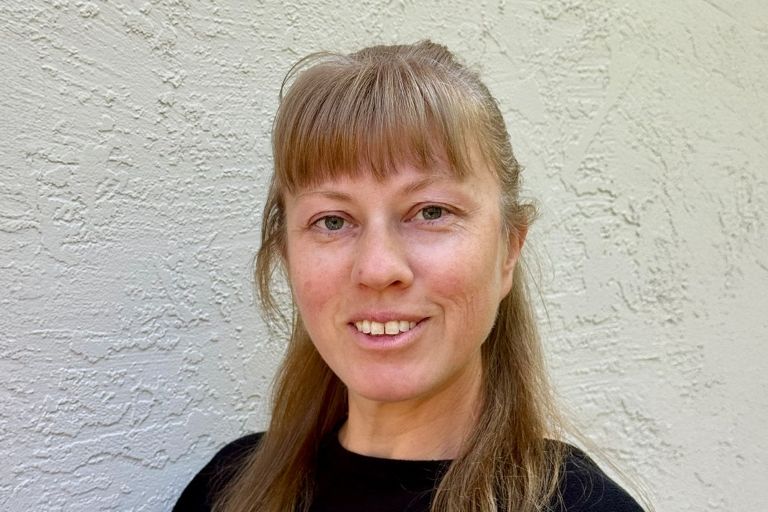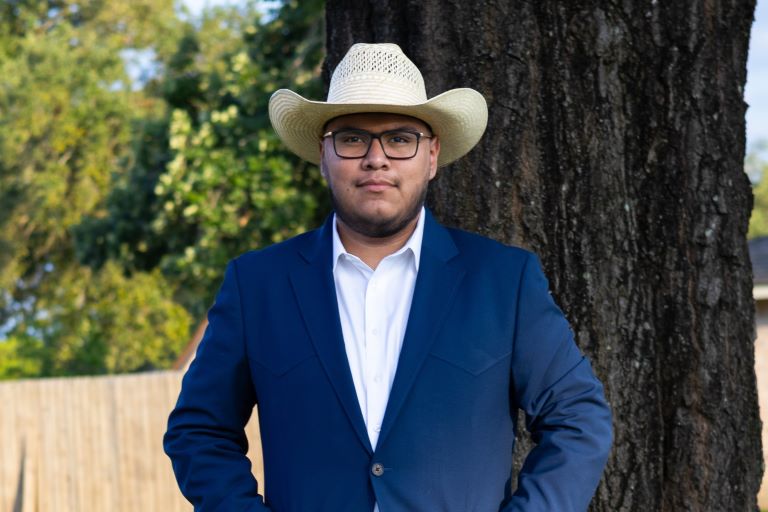Learn about the winners of the IA’s 2025 Anthony W. “Tony” LaFetra Scholarship Program and what they hope and aspire to do in the irrigation industry.
The scholarships, ranging from $1,000 to $3,000, were awarded to students who have shown a passion and interest in sustainability, stewardship and use of water, and the essential contributions irrigated landscapes and irrigated agriculture have in improving the quality of life through a reliable global food supply and vital green spaces.
Since the program’s start in 2016, more than 100 students have been awarded scholarships.
Patrick McLoughlin
University of Florida
What does receiving this scholarship mean to you?
Receiving this scholarship validates the significance of my research and the interest it generates beyond my own program. It motivates me to produce the best work possible so that others can build upon it, just as I have built upon the work of those before me. The award also provides crucial financial support as I approach graduation this December, helping me bridge the transition from being a student to starting my career path. I am proud to represent my lab and advisor with this accolade.
What are your future plans in the irrigation or broader green industry?
After graduation, I plan to pursue opportunities in Florida within water management, turfgrass research, or applied irrigation science, whether as a postdoctoral researcher, at a golf course, or within a water management district. My research on water quality, irrigation management, and reclaimed wastewater has opened multiple paths, and I am excited to continue building expertise. In the long term, I envision myself serving as an extension agent or assistant professor, combining teaching with applied problem solving to improve public utilities and landscape conservation.
What sparked your interest in this field?
I have always cared about plants and horticulture. I got my bachelor’s from Cornell in plant sciences, and earned a master’s in plant pathology at Mississippi State University. Since then, I have worked for startups and small businesses where I found sustainability to not be the most important value, which prompted me to earn a PhD where I can study ways to use industrial and anthropogenic waste as an input. After some searching, I found an opportunity with Dr. Marco Schiavon and have been dutiful and grateful ever since. Turfgrass hasn’t always been the center of my botanical world, but stepping up to the challenge of learning turf management has added dimensions to my understanding of irrigation, pest management, and the wider industry surrounding this landscape.
What advice or encouragement would you give to others exploring this career path?
Research is a rewarding career path, and keeping your heart always in your work can be a challenge. Sometimes, an experiment is simply a chance to display competence, to learn about deliverables and make a meaningful report. Other times, an experiment is your baby, manifested and designed by you from the beginning, and seen through to completion by your own hands, time and effort. Sometimes it’s easy to lose motivation when working for years on an project but completing this degree and being involved from start to finish with many experiments has shown me how much can be learned from every attempt and iteration to answer important questions. When it comes time to conclude your studies and write a dissertation, simply starting can be daunting, nauseating even. Once you establish a process and begin seeing progress, everything starts falling into place. The key is building momentum. I think of my dissertation like carving a block of wood. The first cuts are the hardest, but each revision or addition brings the final form into clearer focus. This process can be extremely hard alone, and I encourage you to seek mentorship actively by asking questions and being open to corrections and new perspectives. Share your work with colleagues regularly, this can help give yourself time to interpret results thoughtfully and provide new insights that can be added during revisions. Always put in genuine effort before seeking help, but know when to ask for guidance. People are usually willing to help when they see you’ve wrestled with a problem first. When it comes to balance, set aside time for yourself to do what you like even when it feels like there is not enough hours in the day to complete what you need to get done. At my research center, I took time as the president of the local graduate student association to bring students together with recreational activities, which ended up being an extremely important outlet to avoid burnout and stay connected with my peers. Life rarely gets simpler, and even when it feels like there is too much going on, one must make time to do what matters to them to maintain balance and productivity. Most importantly, be proud of your progress and growth while staying humble.





